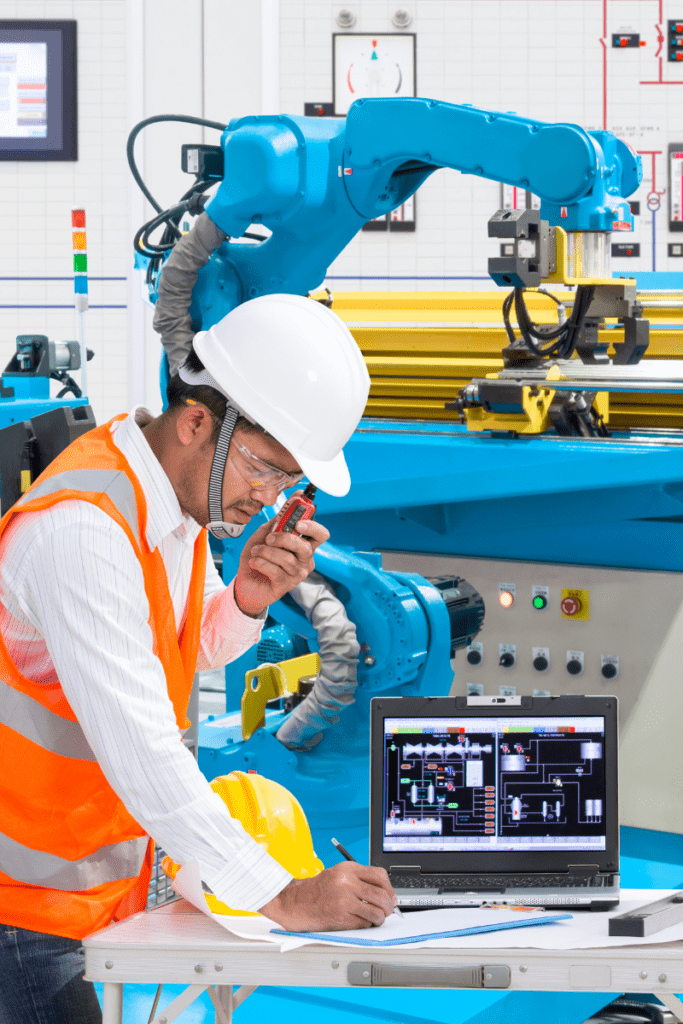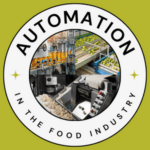How Does Factory Automation Benefit Humans?
Factory automation is the use of technology to control and monitor the production process in a factory. This technology includes a wide range of tools, such as robotics, computer numerical control (CNC) machines, and programmable logic controllers (PLCs). The primary objective of factory automation is to enhance efficiency, cut expenses, and elevate both the consistency and quality of the final product.
Benefits of Factory Automation
One of the key benefits of factory automation is that it can enhance human productivity. With the help of automation, factory workers can complete tasks more quickly and with greater precision than they could by hand. This allows them to focus on more complex and higher-value tasks, such as quality control, research and development, and management.

Another benefit is that it can improve working conditions for factory workers. Automated systems can perform dangerous or physically strenuous tasks, such as lifting heavy objects or working in hazardous environments. This reduces the risk of injury and illness for human workers and can also improve morale by eliminating tedious and dangerous jobs.
Factory automation can also help to improve product quality. Automated systems are able to perform tasks with a high degree of consistency and accuracy, which can significantly reduce the chance of errors and defects in the final product. This can lead to greater customer satisfaction and improved market competitiveness for the company operating the factory.
Cost Savings and Responsibility
In addition, factory automation can help reduce costs by increasing efficiency and productivity. Automated systems can work around the clock without the need for breaks, reducing downtime and increasing output. This can ultimately save money by reducing labor costs and increasing productivity.
However, if not managed responsibly, it can result in adverse effects such as job loss and economic inequality. When adopting automation, companies must balance its benefits with its impact on employees and society. They should prioritize worker and societal well-being by offering retraining and re-employment options for displaced workers.
Final Remarks
Overall, when handled responsibly, factory automation greatly enhances human lives by boosting productivity, improving working conditions, product quality, and efficiency. It can allow factory workers to focus on higher-value tasks and to perform their jobs more safely and comfortably. Furthermore, it holds the potential to benefit both businesses and society by reducing expenses and enhancing competitiveness within the market.





